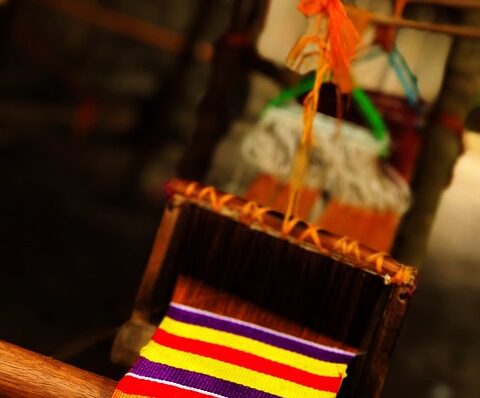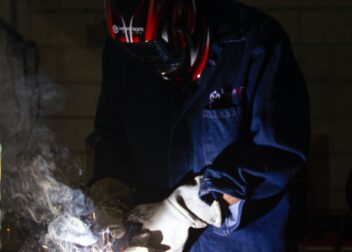Celebrating Excellence: The Imperative of Promoting “Made in Volta” and Ghanaian Products
In a global landscape inundated with diverse goods, the essence of supporting local craftsmanship and homegrown industries cannot be overstated. The Volta Region, with its rich cultural heritage and skilled artisans, presents an array of products that exemplify quality, authenticity, and the spirit of Ghana. Embracing and promoting “Made in Volta” and Ghanaian products not only celebrates local talent but also fuels economic growth and sustains the nation’s identity.
From the vibrant kente cloth woven with intricate patterns to the exquisite handicrafts made by skilled artisans, the Volta Region offers a treasure trove of products that showcase indigenous craftsmanship and artistry. These products reflect centuries-old traditions, embody cultural stories, and carry a unique allure that captivates both locals and global audiences.
Promoting “Made in Volta” and Ghanaian products is more than a celebration of craftsmanship; it’s a catalyst for economic development. Encouraging the consumption of locally made goods stimulates local industries, creates employment opportunities, and bolsters entrepreneurship within communities. It contributes to the nation’s GDP, fosters innovation, and strengthens the country’s competitive edge in both domestic and international markets.
Moreover, supporting local products fosters a sense of national pride and preserves cultural heritage. Whether it’s the rich aroma of locally grown cocoa beans transformed into delectable chocolate or the distinct flavors of indigenous spices and food products, these items are not just commodities; they represent the essence of Ghana’s cultural identity.
Furthermore, the promotion of “Made in Volta” and Ghanaian products encourages sustainability and environmental consciousness. Local producers often employ eco-friendly practices and emphasize the use of natural resources, contributing to a more sustainable production cycle and reducing the carbon footprint associated with imported goods.
However, the promotion of local products requires a concerted effort from various stakeholders. This includes government support through policies that incentivize local manufacturing, investment in infrastructure, access to finance for small-scale producers, and initiatives aimed at raising awareness and educating consumers about the value of buying local.
In conclusion, championing “Made in Volta” and Ghanaian products is an investment in the nation’s future. It’s a tribute to the craftsmanship, creativity, and resilience of local producers. By embracing these products, consumers contribute not only to economic growth but also to the preservation of cultural heritage and the sustainability of the environment.
The call to support local industries echoes a sentiment of empowerment, unity, and progress. It’s an invitation to celebrate excellence, uphold traditions, and pave the way for a brighter, more prosperous Ghana.
How does this article highlight the significance of promoting “Made in Volta” and Ghanaian products in preserving cultural identity and fostering economic growth?


